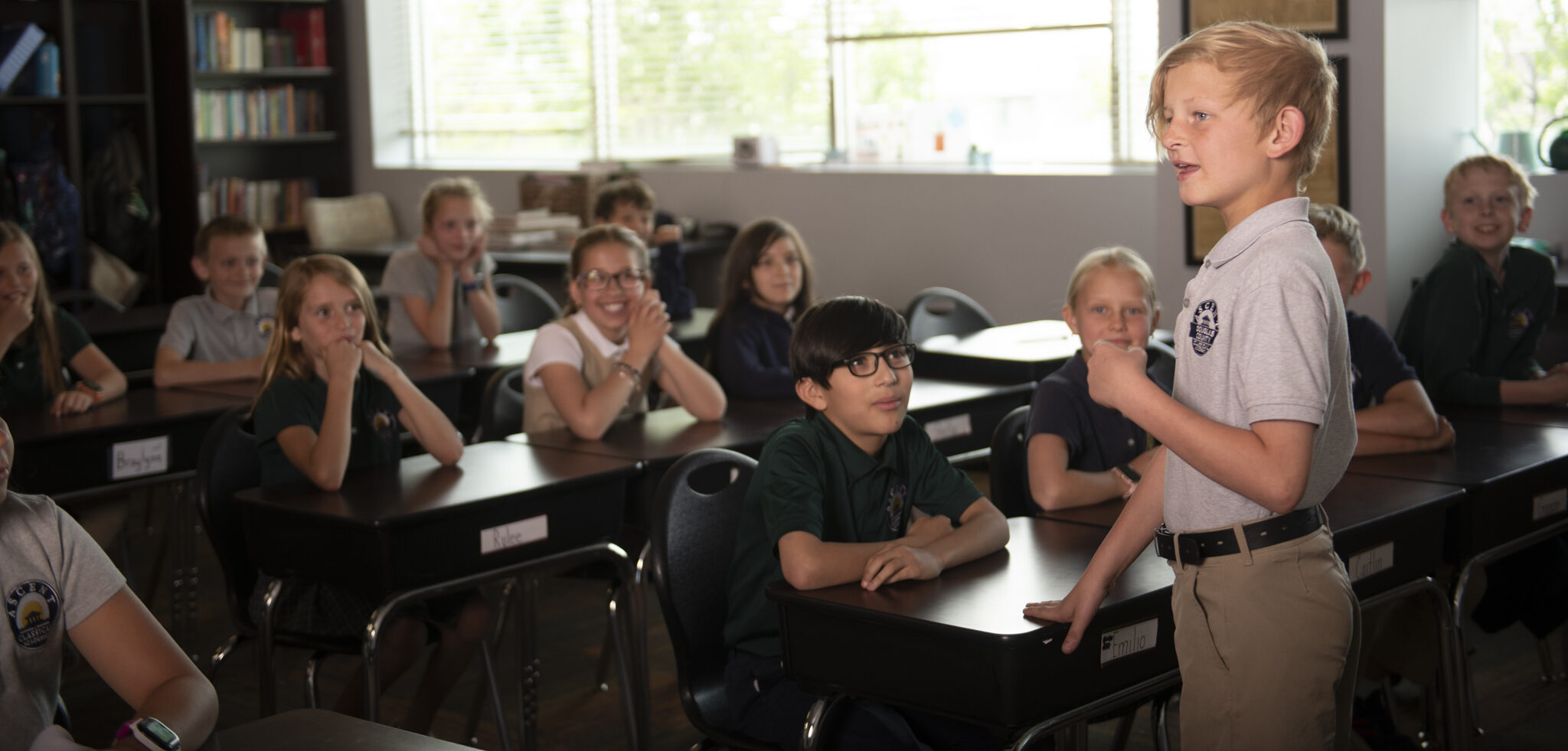Testimonials
“Although Ascent’s academics are impressive, what stands out to me is their commitment to character development.
These students learn from day one to value friendship, work as a team, and engage in curious and passionate academic inquiry. I’ve never seen kids so engaged in the classroom.”
A parent from Windsor, CO
Our Purpose
Ascent Classical™ Academies develop within its students the moral and intellectual skills, habits, and virtues upon which independent, responsible, and joyful lives are built, in the firm belief that such lives are the basis for a free and flourishing republic.
Our Purpose
Ascent Classical™ Academies develop within its students the moral and intellectual skills, habits, and virtues upon which independent, responsible, and joyful lives are built, in the firm belief that such lives are the basis for a free and flourishing republic.

